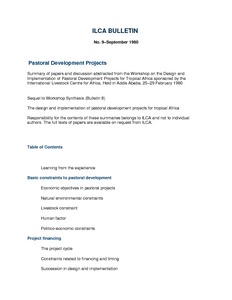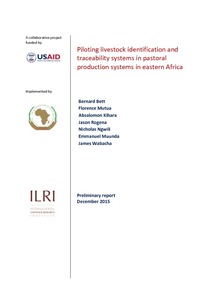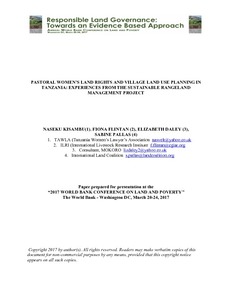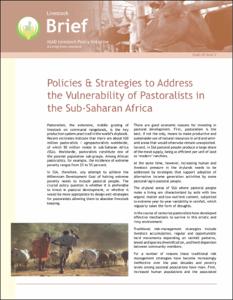Pastoralists in Kenya and Sudan discover new markets for camels
Speaking in the margins of a recent conference on the future of pastoralism in Africa, Hussein Makmoud from Pwani University College in Kenya talks abut the growing trade in camels in northern Kenya and southern Sudan and how these new markets are contributing to pastoralist livelihoods in the regions. The Addis Ababa conference (21-23 March 2011) was organized by the Future Agricultures Consortium with Tufts University.






